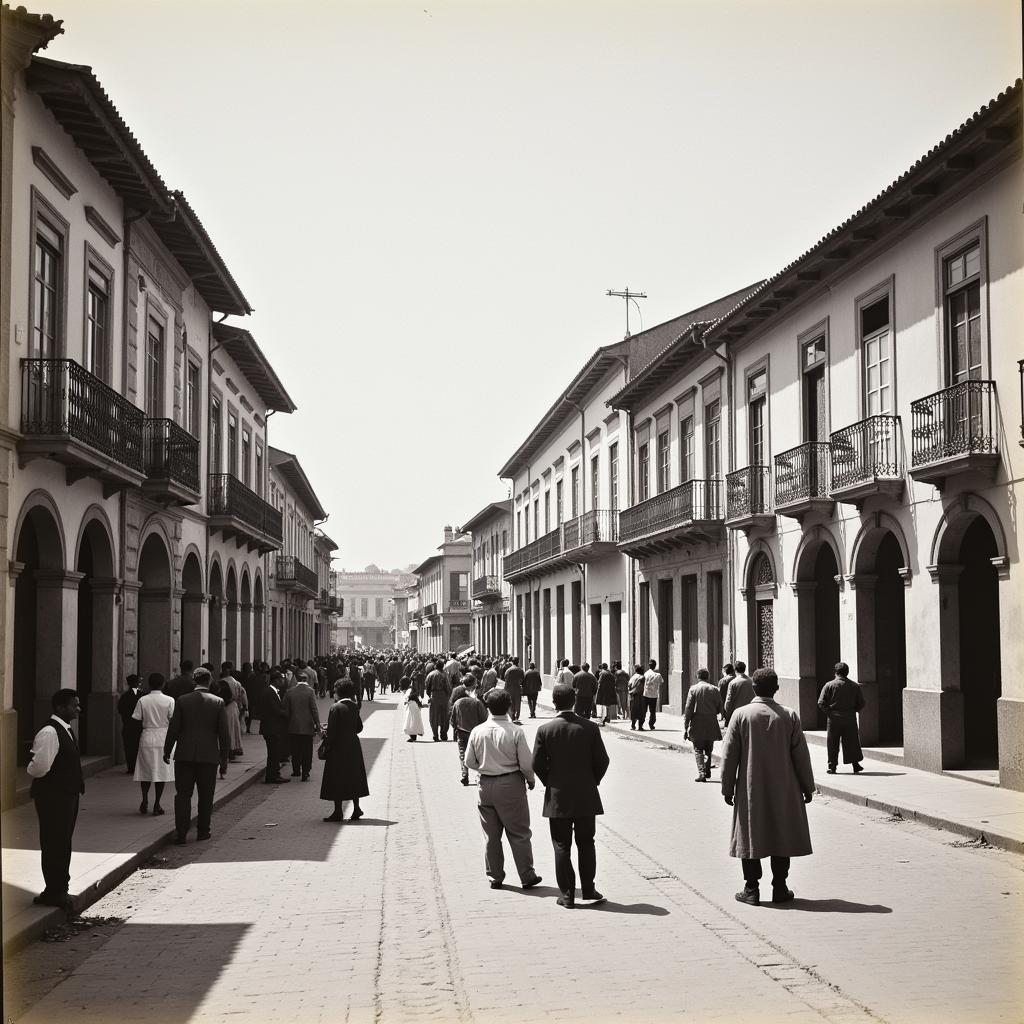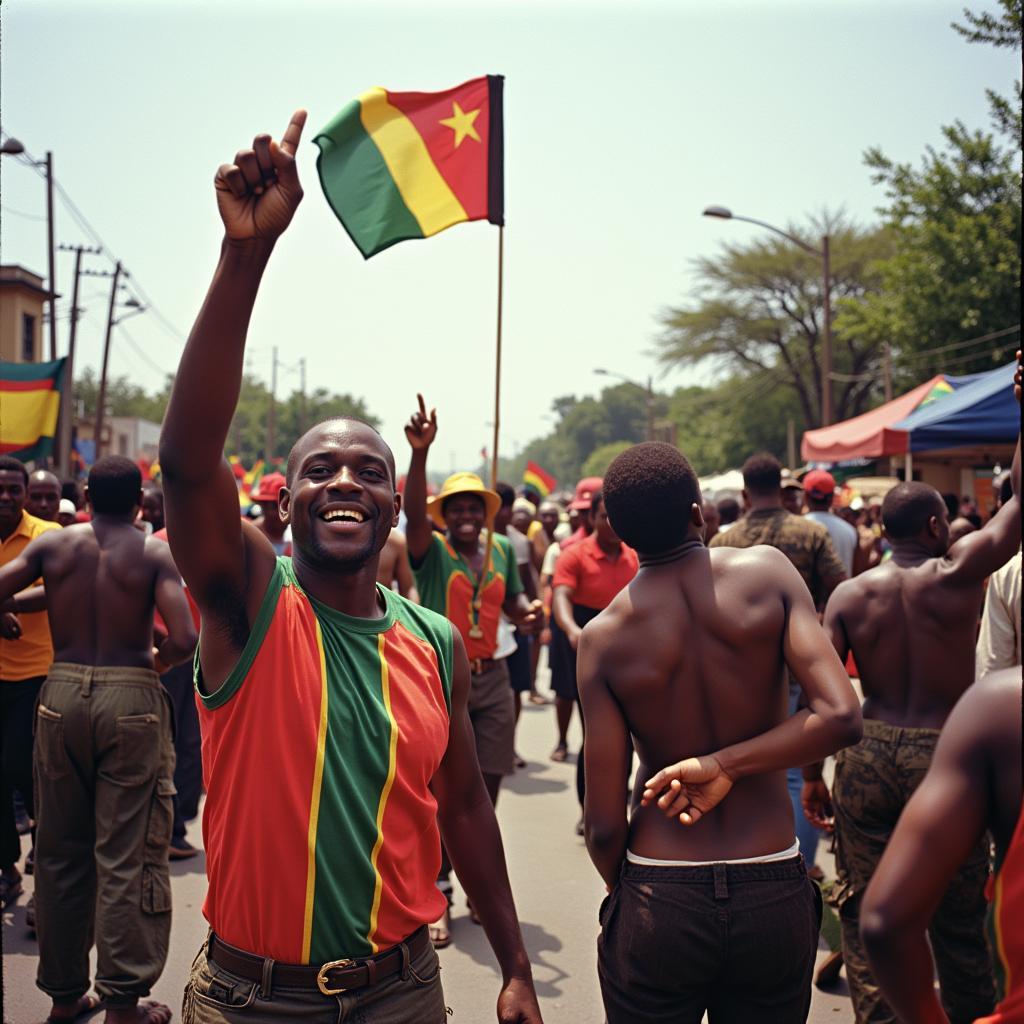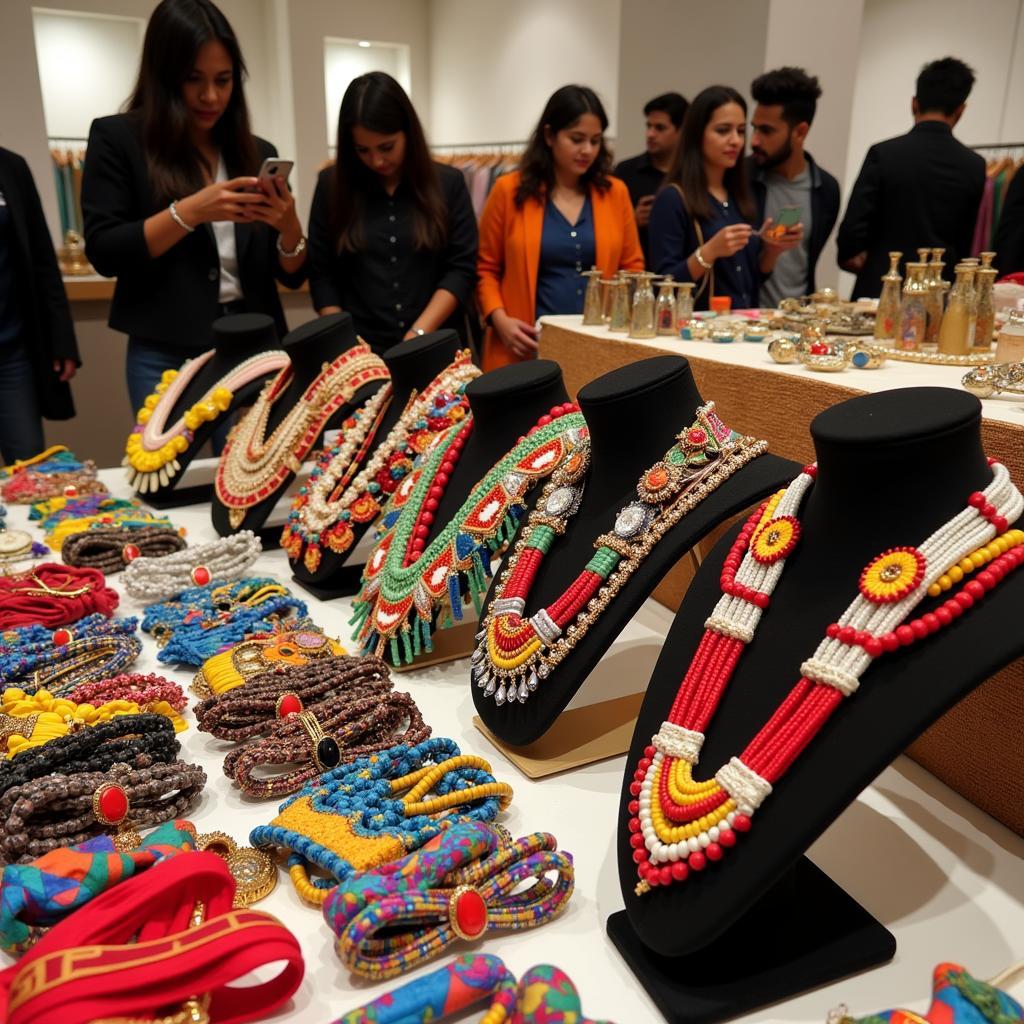The Legacy of Portugal’s African Colonies
The history of the African Colonies Of Portugal is a complex and often overlooked narrative spanning centuries. This exploration delves into the significant impact of Portuguese colonization on the African continent, examining the political, economic, and social ramifications that continue to shape these nations today. You’ll discover how Portugal’s colonial ambitions unfolded, from the early exploration along the African coast to the eventual independence movements of the 20th century.
Portugal, a small European nation, held a surprisingly vast colonial empire in Africa. Driven initially by the pursuit of trade routes to the East, Portuguese explorers began establishing trading posts and forts along the African coast in the 15th century. This early presence marked the beginning of a long and complicated relationship between Portugal and several African nations. For more information on other European colonial powers in Africa, see the African colonies of Spain.
Exploring the Extent of Portuguese Influence in Africa
Portugal’s colonial ambitions in Africa focused primarily on five territories: Angola, Mozambique, Cape Verde, Guinea-Bissau, and São Tomé and Príncipe. Each of these colonies played a distinct role in Portugal’s imperial project, contributing resources and strategic importance to the European power. The impact of this colonization varied greatly across these territories, leaving a mixed legacy of development and exploitation.
Angola: A Key Colony in Portuguese Africa
Angola, rich in resources like diamonds and oil, became a cornerstone of Portugal’s colonial economy. The forced labor and oppressive systems implemented by the Portuguese administration left deep scars on Angolan society. The struggle for independence in Angola was a protracted and violent affair, eventually achieved in 1975.
 Angolan Architecture during Portuguese Colonization
Angolan Architecture during Portuguese Colonization
Mozambique: A Hub for Trade and Exploitation
Mozambique, with its strategic location on the East African coast, served as a vital trade hub for Portugal. The Portuguese presence in Mozambique, like in Angola, was marked by exploitation and oppression. The country’s struggle for independence mirrored Angola’s, finally achieving freedom in 1975.
Cape Verde, Guinea-Bissau, and São Tomé and Príncipe: Islands of Strategic Importance
The island nations of Cape Verde, Guinea-Bissau, and São Tomé and Príncipe, while smaller than Angola and Mozambique, held strategic importance for Portugal. These islands played key roles in the transatlantic slave trade, a dark chapter in both Portuguese and African history. To understand the origins of the slave trade, see when the 1st slaves of African descents came.
The Long Road to Independence: Resistance and Liberation
The 20th century witnessed growing resistance to Portuguese rule across its African colonies. Inspired by independence movements elsewhere in Africa, nationalist groups emerged, demanding self-determination and an end to colonial oppression. These movements faced brutal repression from the Portuguese authorities, leading to protracted armed struggles. Understanding the African colonies 1930 map can help visualize the scale of these colonial holdings. For further context on the slave trade, learn about the role of African kings selling slaves.
The Aftermath of Independence: Challenges and Opportunities
The independence achieved by Angola, Mozambique, Cape Verde, Guinea-Bissau, and São Tomé and Príncipe marked a turning point in their histories. However, these newly independent nations faced significant challenges, including the legacies of colonial exploitation, underdevelopment, and internal conflicts. Building stable and prosperous nations in the post-colonial era proved to be a difficult and ongoing process. It is important to know the African countries and their official languages to appreciate the linguistic diversity.
 Mozambique Independence Celebration
Mozambique Independence Celebration
“The impact of Portuguese colonization on Africa is undeniable, shaping the political, economic, and social landscapes of these nations. Understanding this history is crucial for comprehending the challenges and opportunities faced by these countries today,” states Dr. Fatima Mbaye, a leading historian specializing in African colonial history.
“While the legacy of exploitation cannot be ignored, it’s important also to recognize the cultural exchanges and blended traditions that emerged during this period,” adds Dr. Joseph Ngugi, a Kenyan anthropologist specializing in post-colonial studies.
The African colonies of Portugal represent a significant chapter in the history of both Africa and Europe. This exploration has highlighted the complexities of this relationship, from the initial exploration and exploitation to the eventual struggle for independence. The legacy of Portuguese colonization continues to shape the present, reminding us of the importance of understanding the past to navigate the future.
FAQ
- Which African countries were colonized by Portugal?
- When did these countries gain independence?
- What were the main economic activities in these colonies?
- What was the impact of the slave trade on these colonies?
- What are some of the challenges faced by these countries after independence?
- What languages are spoken in former Portuguese colonies?
- How did Portuguese colonization impact African culture?
Other questions you may have can be about the specific cultural impact of Portugal in each of these colonies. We recommend further research on individual countries like Angola, Mozambique, Cape Verde, Guinea-Bissau, and Sao Tome and Principe.
If you need any assistance, please don’t hesitate to contact us.
Phone: +255768904061
Email: kaka.mag@gmail.com
Address: Mbarali DC Mawindi, Kangaga, Tanzania.
Our customer support team is available 24/7.
